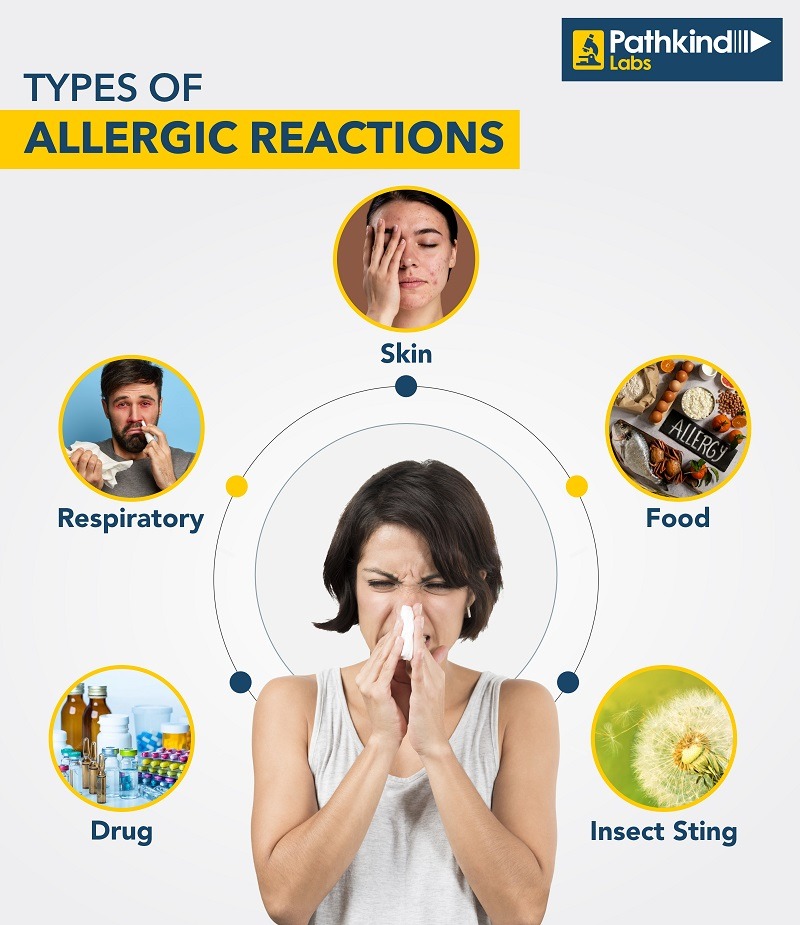
Allergic reactions can manifest in various ways, including coughing, nausea, and vomiting. They are incorrect responses of the immune system to substances that are typically harmless to most people but trigger sensitivity in allergic individuals. Here’s a detailed look at these symptoms:
- Coughing: This is one of the most common symptoms of allergic reactions, especially to allergens like pollen, dust, mold, pets, etc. Coughing can be dry or accompanied by phlegm.
- Nausea: Allergic reactions can sometimes cause feelings of nausea, often accompanied by discomfort in the stomach. This symptom may arise upon exposure to allergens such as certain foods, medications, or pollen.
- Vomiting: In some people, allergic reactions can lead to vomiting, especially if the reaction to the allergen was strong or if they ingested something they are allergic to. Vomiting may be accompanied by nausea, diarrhea, and other gastrointestinal disturbances.
The origin of these symptoms is related to the body’s immune response to allergens. Upon exposure to an allergen, the immune system produces IgE antibodies, which become activated upon subsequent contact with the same allergen, leading to the release of histamine and other substances that can cause symptoms such as coughing, nausea, and vomiting.
Diagnosing allergic reactions involves a medical examination, discussing symptoms and potential causes, as well as conducting additional tests such as skin allergy tests or blood tests for IgE antibody levels.
Treatment for allergic reactions aims to relieve symptoms and prevent their recurrence. This may include taking antihistamine medications to alleviate itching and coughing, as well as avoiding contact with known allergens. In some cases, treatment aimed at reducing inflammation and controlling the immune response may be necessary.
